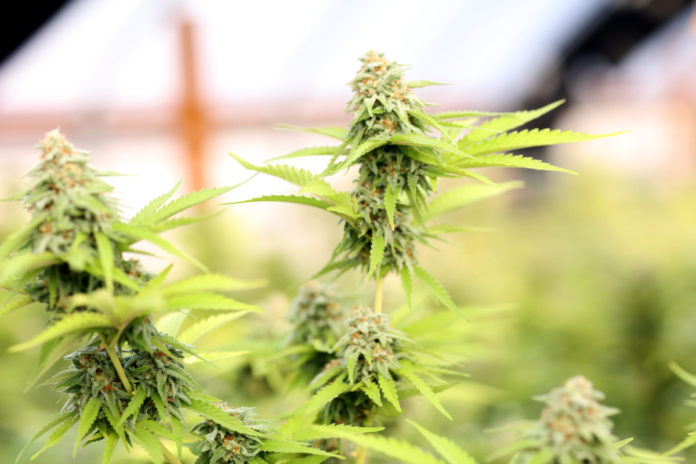The year 2018 will forever be remembered as annus cannabis – the year cannabis legalization came to Canada.
We talked about cannabis. We wrote about cannabis. We argued about it and we invested in it. We attended conferences, wrote legislation, grew fatigued by the endless canna-talk. Then, after Oct. 17, plenty of Canadians who hadn’t done so before even tried cannabis.
Cannabis is getting bigger. In fact, 2019 could well become the year of cannabis edibles, following the much-anticipated release on Dec. 20 by Health Canada of regulations and guidelines around edibles.
No one in the industry could be surprised that the federal government is approaching edibles regulations with a gimlet eye to what producers can and can’t do. No added vitamins. No sugars, colours or sweeteners. No nicotine. Limited caffeine. And definitely no alcohol.
(As a licensed producer in a joint venture with Molson Coors Canada to create non-alcoholic cannabis-infused beverages under the brand Truss, we at HEXO Corp have no issue with the regulations. They are, at least, consistent with those governing the existing adult-use market.)
READ ALSO: Molson Coors Canada and HEXO seal their cannabis beverage deal
But then, there is the issue of plain packaging. While HEXO and our competitors have all tackled this restriction and worked within the guidelines, the whole notion of plain packaging speaks to a much wider-ranging and deeply impactful economical issue.
As a country and as an industry, we are uniquely poised not only to dominate the cannabis industry worldwide, but to be cutting-edge innovators and thought leaders in cannabis consumer goods, from drinks and food to topical creams, vapes and beauty products.
In doing so, we could create mushrooming economic opportunities for Canada, in production, R & D and supply chain to store shelves. Investment dollars would naturally follow. By standing firmly in the international cannabis space in a way that our American cousins cannot, Canadian cannabis brands could become as easily recognizable internationally as any Fortune 500 company brand, from Gap to Porsche.
It could happen. It could happen.
See also: PODCAST: Lawyer Kyla Lee talks cannabis-impaired driving with B.C.’s public safety minister
But if Canadian regulations continue to restrict consumer goods companies from differentiating themselves from their competitors, if they continue down the path of plain packaging and their stranglehold on consumer information, Canada will not be the country that innovated value-added cannabis products. It will not be able to compete with cannabis consumer brands in the legalized American states, who have the freedom to create a positive consumer experience with their products through branding them in new and attractive ways.
Rather, the Canadian cannabis industry will remain, as have other primary resource-based industries, “hewers of wood and drawers of water.”
That is not our vision for HEXO. It’s not what we want for our competitors, either. Canada has the opportunity to get this right, to take a leadership role in informing consumers and creating positive social experiences that equally celebrate marketing innovation and moderation.
What’s in store for cannabis in 2019? For Canada, it should be about embracing the opportunity we have created.
Adam Miron is Co-founder of HEXO Corp, a licensed cannabis producer, and winner in the “Innovator” category in BotaniQ’s Power 10 of the Canadian Cannabis Industry Awards in 2018.



















